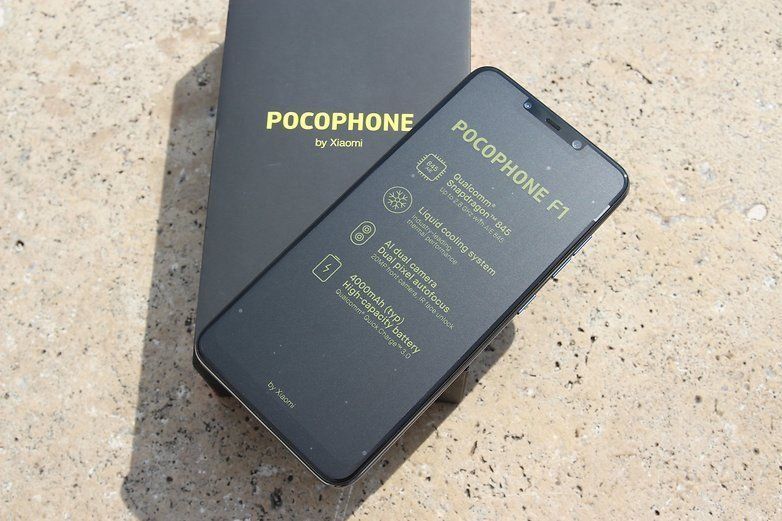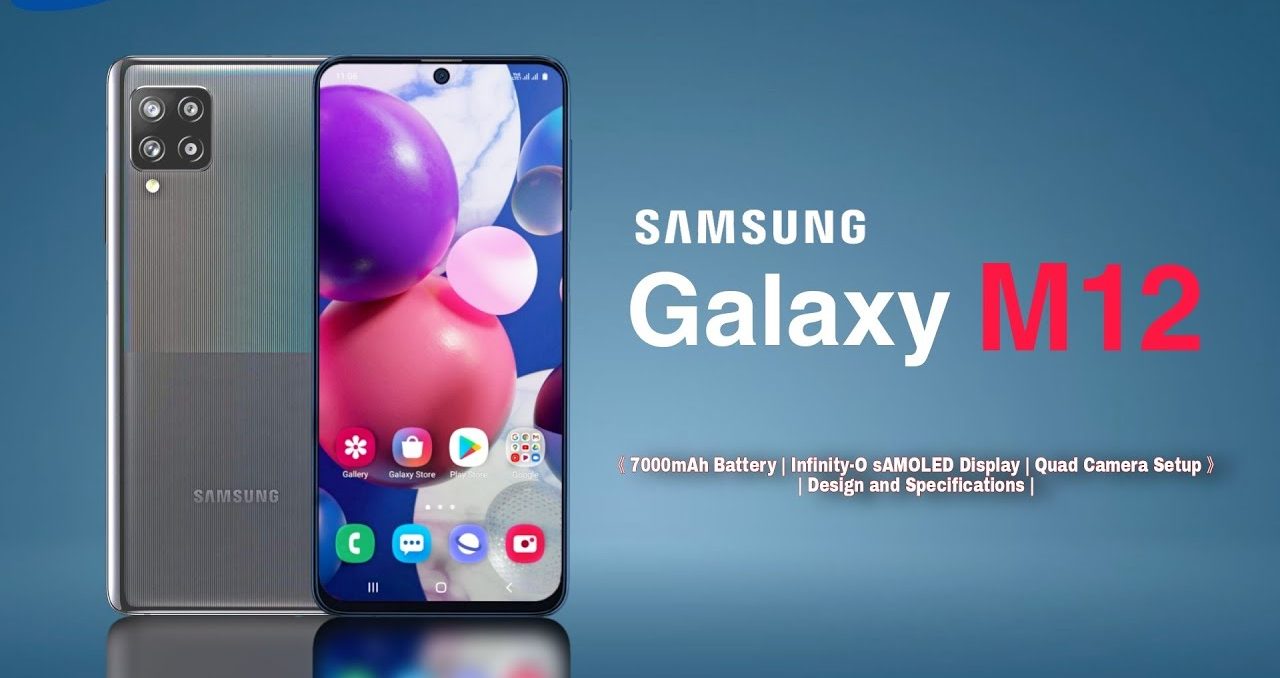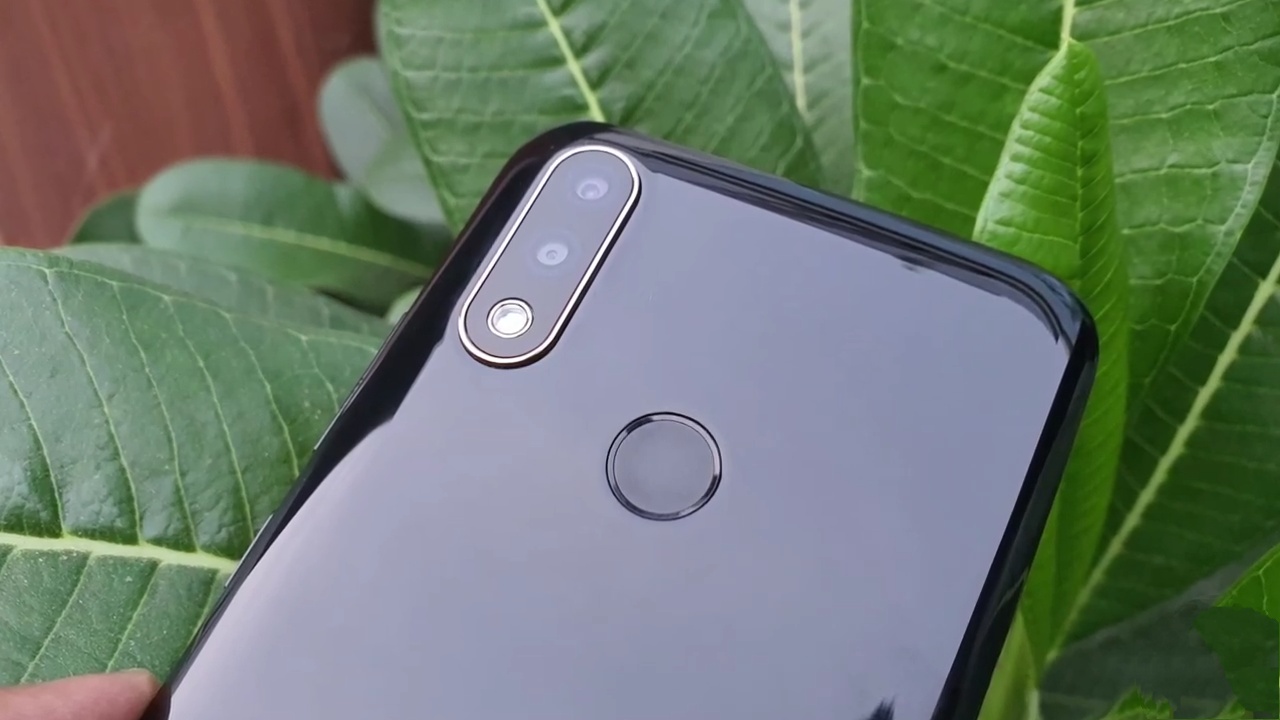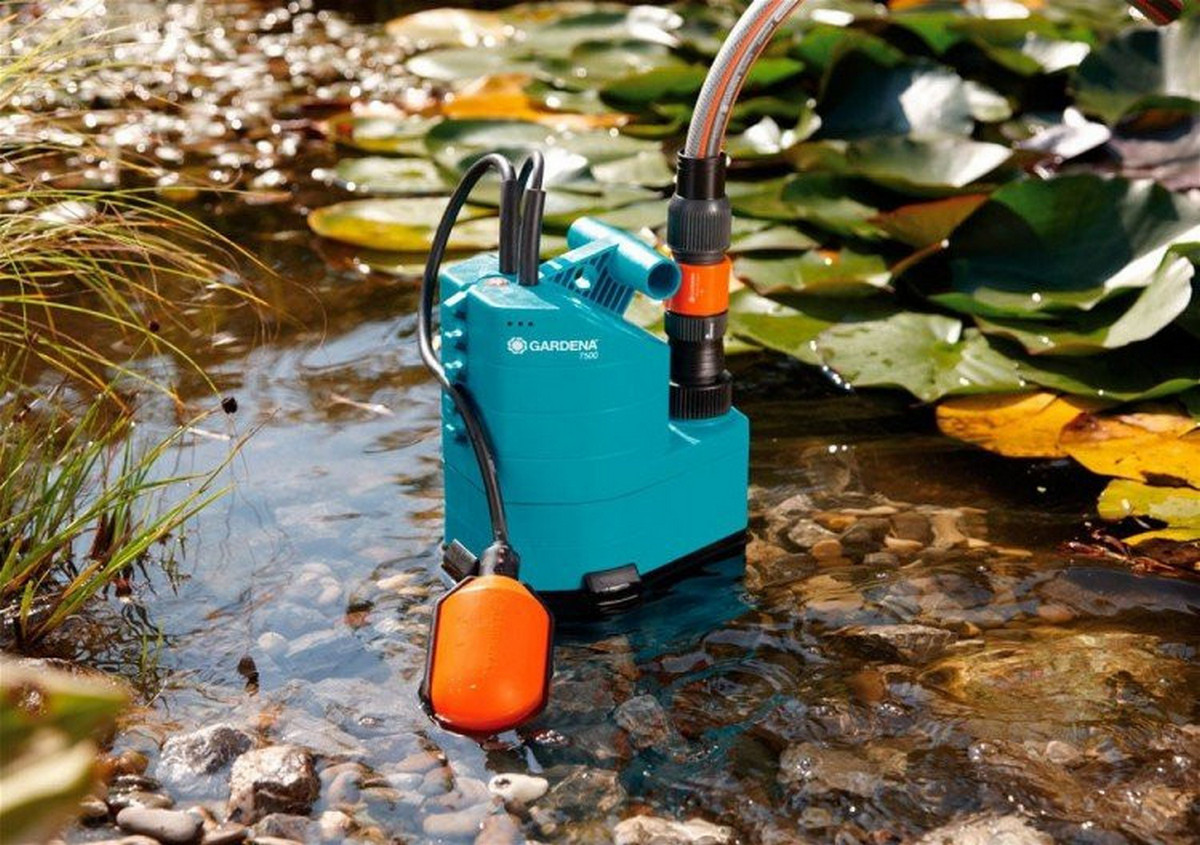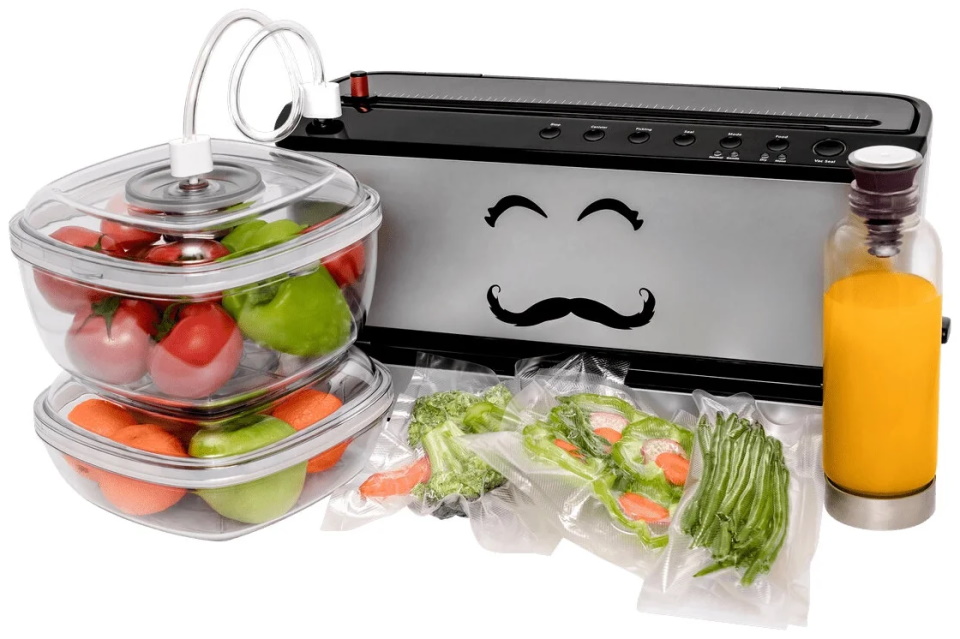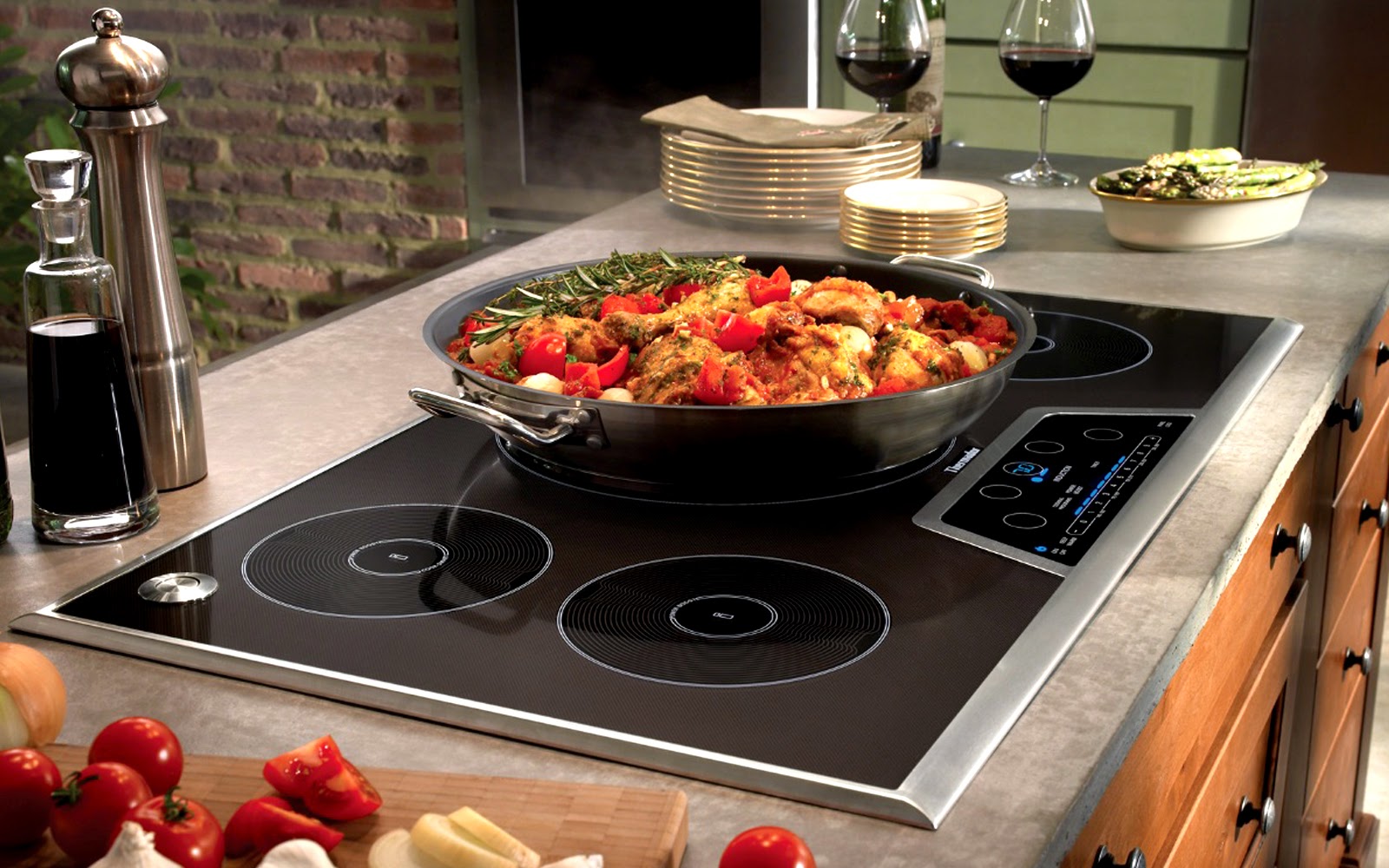Meizu Pro7 and Pro7 Plus - what's the difference
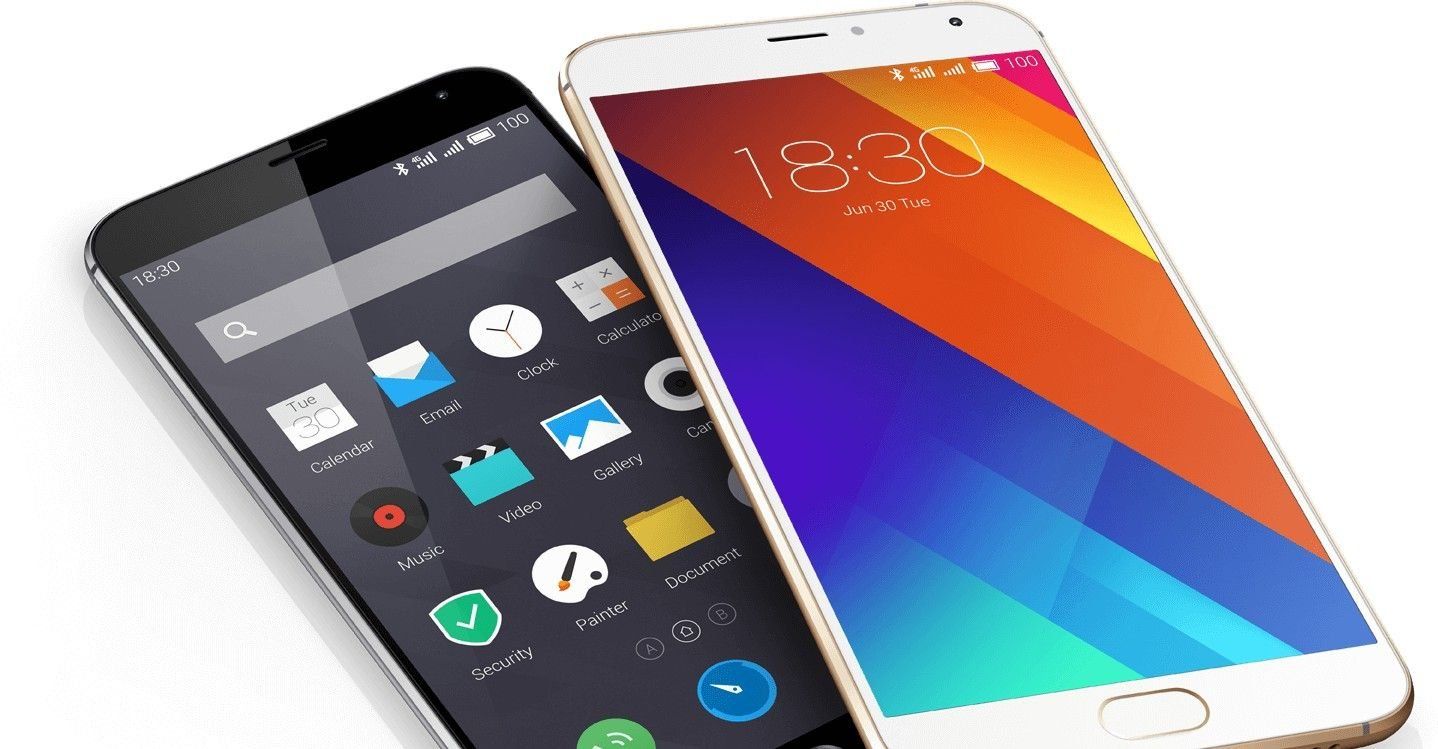
The Russian user learned about the Chinese company Meizu relatively recently. And the story began with the creation in 2003 of the first MP3 player. After 6 years, the company presented the first Meizu M8 smartphone, it was based on the Windows CE 6.0 kernel. In 2010, a certificate was received on the opening of the official representative office of the company on the territory of the Russian Federation.
During 2015-2016, two dozen smartphones were introduced to the market, which differed slightly from each other. The Pro brand was initially positioned as a gadget, the emphasis of which was on sound quality. All the more revolutionary is the Pro7 model with a small second display on the back. Chinese manufacturers thus demonstrated originality.
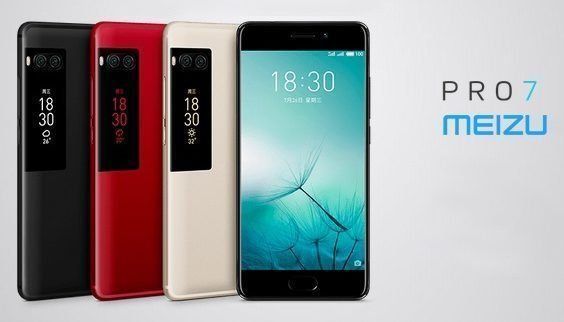
Content
Smartphone Meizu Pro7 Rainbow Research.
The smartphone model is available with Helio P25 and Helio X30 processors.The latter option is only available to the Chinese buyer. Acquaintance begins with a packing box of an interesting shape. In addition to the smartphone, the kit includes: a needle for removing the SIM card, an mCharge 3.0 charger, instructions and a plastic protective case. Headphones are only in the configuration for China.
Design
For Russia, gadgets are available in black, red and gold. The red back wall with a black display looks especially impressive. The body is made of aluminum alloy and the matte back surface is achieved by grinding. The silver-colored logo is located vertically on the lower right side of the back. Ergonomics of the gadget is done perfectly:
- the size is small, the screen is 5.2″, with a resolution of 1920x1080, 423 dpi. Narrow bezels on the sides;
- smartphone parameters: 147.62x70.72x7.3 mm, weight: from 163 g;
- the light sensor is hidden behind the microphone mesh;
- the 2.5 D screen is covered with oleophobic glass (coating that repels grease from the screen), so that the finger slides easily;
- The mTouch fingerprint sensor is located at the bottom of the front panel, in the middle. Fast response to recognition - no more than 0.15 seconds. Using the same button, it is possible not only to block, but also to restrict access to functions and applications;
- The smartphone is comfortable to hold and operate functions with one hand.
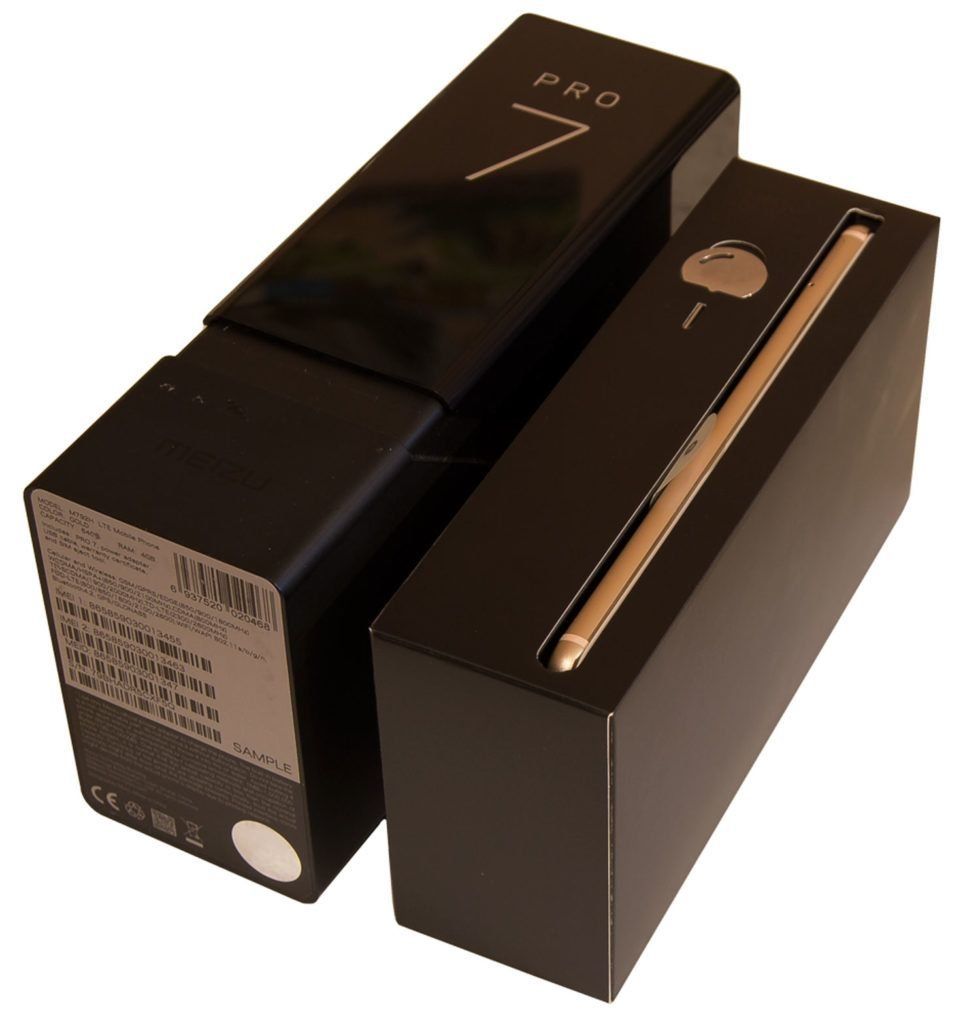
At the bottom end is a USB 3.1 Type-C connector. There is also a multimedia speaker window, a microphone and a 3.5 mm audio headset connector. On the side edge on the left are two slots for nano-Sim-cards, on the right - in the common chute are the volume control and the power button. Above is another microphone (noise reduction).
The SuperAMOLED display is based on a Samsung matrix.There is no space between the sensor and the display, which allows you to increase the image quality. The backlight can be adjusted manually, there is also an automatic one. The multitasking menu opens with a swipe up (can be adjusted to the side). The color scheme of the screen is adjusted: blue color is reduced to protect the eyes.
The smartphone does not have special back and forth keys. All functions are performed by one key with a scanning sensor at the bottom in the middle, a little unusual, but you can quickly get used to it.
Screen from the end
The main "attraction" of the gadget is an additional screen located on the rear panel, under the main camera. The glass on the second display helps create extra grip, making the phone more comfortable to hold in your hand. Its main use is to display notifications, weather, clock, viewfinder to take a selfie with the front camera - the most basic functions. The screen is based on a 1.9-inch AMOLED matrix with a resolution of 536x240, the rest of the parameters are similar to the front display.
In the settings mode, in the “second screen” item, it is activated, where you can also select the wallpaper. The display shows weather notifications, incoming calls, music, a pedometer application (scrolling the screen from top to bottom). From the additional screen, it is impossible to reject or answer a call (there is not even information about the subscriber), not to read SMS or messages from the social network.
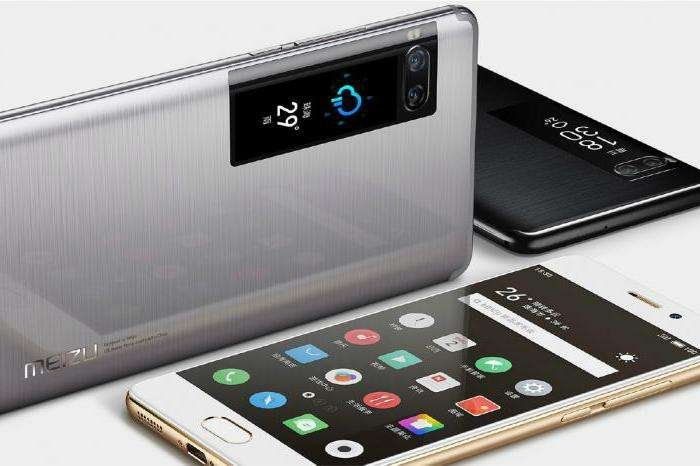
Three modes are provided for the photo: "beauty", "blur", "original". Using the main camera, you can look at this screen like in a mirror, taking a selfie. The secondary screen acts as a viewfinder. During the normal operation of the phone, the display shows information about the change of tracks.After turning off the “phone” and “main screen” modes, you can switch to the “music only” mode, it will appear after holding the “off” button. All playback will go through the second display and the smartphone turns into a player.
Camera
The smartphone is equipped with two modules black and white and color, with one Sony sensor - IMX386 and 6 lens optics. The second camera is for taking non-color photographs. A watermark is automatically placed on the photo (the function is disabled). Basic modes: auto, portrait, video. With the help of a dual camera, a "blur" effect is obtained. The front-facing 16MP selfie camera shoots Full HD video. The smartphone uses Imagiq technology, which is used to process photos and videos. Experts, after testing the camera, note the quality of the images.
About performance
The smartphone is equipped with a MediaTek Helio P25 chip. Processor Cortex-A53 8-core: 4 cores have a clock speed of 2.6 GHz, the rest - 1.6 GHz. 6 GB RAM, 64 GB built-in, Mali-T880MP2 graphics accelerator with a frequency of up to 1 GHz, providing a resolution of 1920x1080 pixels. The gadget does not have a slot for SD micro, but it is possible to connect a regular flash drive using USB-OTG technology.
For games that are more demanding, the filling is rather weak. The Pro7 version with more powerful specs (Helio X30 chipset and 128GB memory) is only available in China. Navigation in progress:
- A-GPS, GLONASS
- WiFi (802.11a/b/g/n)
- Bluetooth 4.2LE
Battery
The gadget is equipped with a stationary 3000 mAh battery and mCharge 3 (24 W) charging, the phone charges in an hour. The settings allow you to set the power saving mode. During normal operation without charging, the smartphone works for a day and a half.
Despite the fact that initially the gadget was positioned as a flagship, performance can be defined as average.
The cost of a smartphone is about 36,000 rubles.
- interesting design;
- second display on the back;
- dual module 12 megapixel main camera and front - 16 megapixel;
- high-quality sound in headphones;
- sufficient autonomy and short charging time;
- Fast response fingerprint scanner.
- low performance;
- not provided SD micro;
- there is no NFC interface, which does not allow mobile payment systems to work;
- high price.

Smartphone Meizu Pro7 Plus Rainbow Research.
Simultaneously with the Pro7, the Pro7 Plus was also released. The design of the new model is the same, but the size of the gadget is different: 157 × 77 × 7.3 mm and weight 174 g, screen 5.7 inches.
Comparative characteristics of the two gadgets
Compared to the first version, it seems more bulky, although both smartphones are thin - this is a plus. QHD display resolution, 518 dpi pixel density. Compared to the 7th, the image is clearer.
The additional screen is the same as in 7-ke. Very convenient: no matter how you put your gadget down, you won't miss notifications. Photos, thanks to the second screen, are better, as it performs the function of a viewfinder.
One of the main differences is the presence in the Plus version of a more powerful processor based on the MediaTek Helio X30 chipset platform (50% more energy efficient than its predecessor):
- 10-core 4 Cortex A35 cores, frequency 1.9 GHz, 4 - Cortex A53 2.2 GHz and two Cortex A73 cores with a clock frequency of 2.6 GHz, 10 nm;
- strong graphics accelerator PowerVR 7XTP-MT4;
- 6 GB of RAM and 64 or 128 GB of additional;
- the software provides pre-installed Google services (not available in previous versions of Meizu);
- the smartphone is equipped with Wi-Fi 802.11ac, a more modern version and faster than the 7th one;
- a 3,500 mAh battery and a new mCharge 4.0 charger (67% charged in half an hour). Within 13 hours, the smartphone operates in normal mode, games can withstand 6.5 hours without recharging;
- network support: 3G/4G (LTE CAT 6), Russian frequencies: FDD-LTE / TDD-LTE / WCDMA / GSM, GPS navigation, GLONASS;
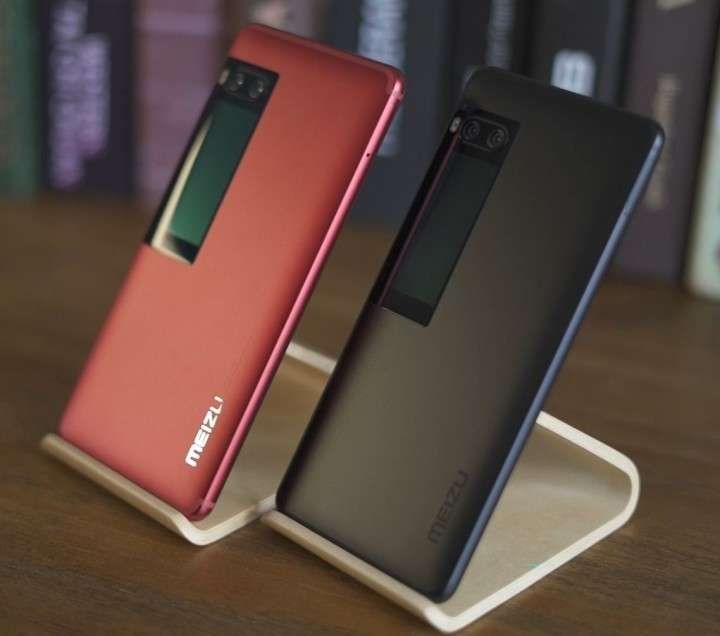
The smartphone does not heat up even under heavy load. Both versions of the gadget are not protected from water. Some users pay attention to the disadvantageous location of the display on the rear panel and its low functionality.
- assembly and high quality material;
- interesting design due to the second screen;
- support for two nano sim cards;
- a screen with a clear, high-quality image, a SuperAMOLED matrix with rich color;
- dual camera use of an additional screen as a viewfinder for selfies;
- quality sound.
- "slow" built-in memory;
- the camera does not have an optical stabilizer, a small lens aperture;
- no NFC;
- for the flagship version, low autonomy;
- no SD micro slot.
The flagship gadget initially introduced to the Russian market cost accordingly, and this did not inspire optimism compared to the budget options of the same company. On New Year's Eve 2018, the price was immediately reduced by 10 thousand rubles. The price of Meizu Pro7 Plus (64 GB of internal memory) is 35,000 rubles, with 128 GB - 40,000 rubles.
Brand lovers, take a closer look at these two smartphones and appreciate the uniqueness of the gadget in the form of an additional display.
new entries
Categories
Useful
Popular Articles
-

Top ranking of the best and cheapest scooters up to 50cc in 2022
Views: 131666 -

Rating of the best soundproofing materials for an apartment in 2022
Views: 127703 -

Rating of cheap analogues of expensive medicines for flu and colds for 2022
Views: 124529 -

The best men's sneakers in 2022
Views: 124048 -

The Best Complex Vitamins in 2022
Views: 121952 -

Top ranking of the best smartwatches 2022 - price-quality ratio
Views: 114988 -

The best paint for gray hair - top rating 2022
Views: 113405 -

Ranking of the best wood paints for interior work in 2022
Views: 110332 -

Rating of the best spinning reels in 2022
Views: 105339 -

Ranking of the best sex dolls for men for 2022
Views: 104378 -

Ranking of the best action cameras from China in 2022
Views: 102227 -

The most effective calcium preparations for adults and children in 2022
Views: 102020
